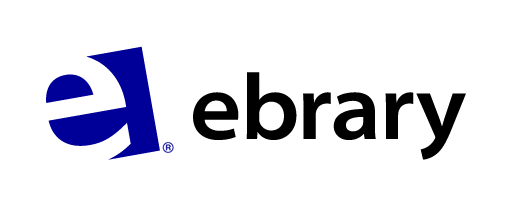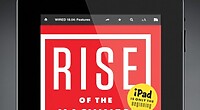
A survey on the perceptions of patron ebook checkout by librarians, most of who served in academic libraries, has shed some light on the check-out processes of patrons who borrow digital content from their libraries. The new report was instituted by ebrary and had some interesting results.
The first newsworthy item involved the borrowing habits themselves. For example, while almost all librarians surveyed felt that offline access was vital to library content use, it was interesting that the typical time for book checkout was around eight days, arguably less than the average checkout time for print books that had to be returned.
The most interesting fact that the survey unearthed was that many of the respondents felt that patrons should have to pay a download fee to borrow digital content; most of the librarians who supported download fees, around 72% of those responding to the survey, worked in academic libraries. But that would be akin to having public library users pay a fee at the circulation desk, checking out much like at a store. Admittedly, public libraries are usually tax-dollar supported, but academic libraries are funded by grants, endowments, and the users’ own direct tuition dollars.
There was also support for a tiered pricing model for ebook downloads, including a pre-paid fee for a predetermined number of downloads, a per-download fee, or paying for the features within the download, much like the freemium model.
Sadly, this could be perceived to be a step back for digital publishing. Libraries are supposedly the great champions of access for all, but the results of this report show that there is obviously still a mindset that ebooks are somehow not books.
Mercy Pilkington is a Senior Editor for Good e-Reader. She is also the CEO and founder of a hybrid publishing and consulting company.
